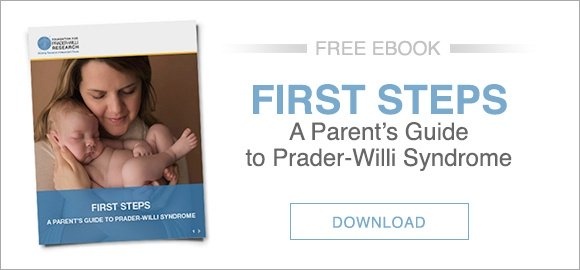Even if you never thought of yourself as a science nerd, it’s worthwhile for parents of children with rare diseases to become educated about the research and the drug development process (when you’re not attending to the thousand other things you need to learn to care for your child!).
Here are a couple of resources to help:
The Genetic Alliance has a new web resource that has a wealth of information on “Translational Research”. Translational research is the work that takes observations about diseases in the research laboratory and turns them into therapies that are useful to patients. It’s typically a long, nonlinear path with many challenges to be considered and overcome. That pathway, with all its twists and turns, is reflected in the Genetic Alliance’s tool: Navigating the Ecosystem of Translational Science – NETS [see the intro, here, or view the full map]. If you're interested in understanding how new drugs are identified and brought to the clinic, browse the map and click on different boxes for toolkits full of tips, resources, and publications. There are sections devoted to registries and biorepositories, which are particularly timely as our community works towards further developing these resources.
The National Institutes of Mental Health has put together a free "Participant's Guide to Mental Health Clinical Research". Although the title suggests a focus on Mental Health research, it's really applicable to any clinical research trials and is a good source of information for understanding the process and terminology. They also provide some suggestions on what to ask about prior to enrolling in a clinical study.
A fun resource for learning genetics can be found at the University of Utah’s Learn Genetics site. Definitely a lot of good information throughout the site, but hands down the most fun is the Cell Size zoom tool.
Finally, if you don't have it bookmarked already, be sure to check out the PWS Medical Home Portal.








